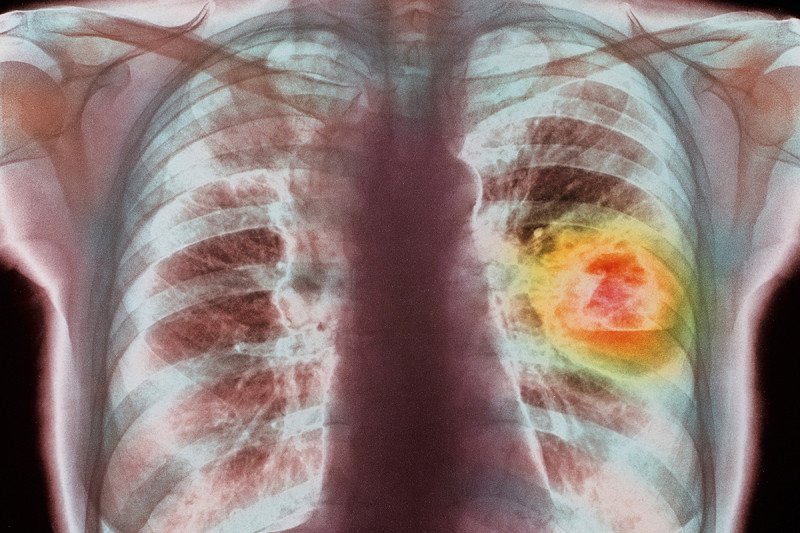
When it comes to harrowing disease diagnoses, lung cancer is a major one.
The disease is responsible for more deaths than any other cancer, exceeding 150,000 each year in the United States alone, with more than 220,000 people diagnosed annually.
Patients who have certain gene mutations greatly benefit from targeted therapies. However, patients who have tumors that test positive for mutations in the KRAS gene (pronounced “kay-rass”) currently do not respond to any targeted therapies.
Now Memorial Sloan Kettering researchers are developing ways to use a compound that targets the most common form of the KRAS mutation in lung cancer.
Drugging an “Undruggable” Target
“KRAS is one of the most common mutations in lung cancer, as well as in several other cancers,” says Neal Rosen, a physician-scientist in MSK’s Molecular Pharmacology Program and Co-Chair of MSK’s Center for Mechanism-Based Therapies. “Until very recently, it was considered an ‘undruggable’ alteration.”
In a paper published in February in Science, MSK physician-scientist Piro Lito — along with Dr. Rosen and colleagues from Wellspring Biosciences — showed how a compound called ARS853 shuts down cancer cells in cultures of lung tumors without disturbing healthy cells. The drug blocks the activity of a protein that accounts for about half of all KRAS mutations in lung cancer, called KRAS-G12C.
“Because lung cancer is so widespread, drugs that directly target this protein have the potential to help thousands of people every year,” says Dr. Lito, who is a member of MSK’s Human Oncology and Pathogenesis Program and the study’s co-corresponding author.
Stopping Cancer While Sparing Healthy Cells
“In the study, we found that ARS853 binds to the mutant KRAS protein and traps it in an inactive state,” Dr. Lito explains. “This is important because when the protein is inactivated, it stops the growth of the cancer cells and causes them to die.”
More work needs to be done before clinical trials can start. But Dr. Rosen says the findings about the function suggest that the drug will have few side effects. In addition, this research suggests the drug is a good candidate for combination therapy, in which it could be used with additional targeted therapies that block other cancer-related proteins.


